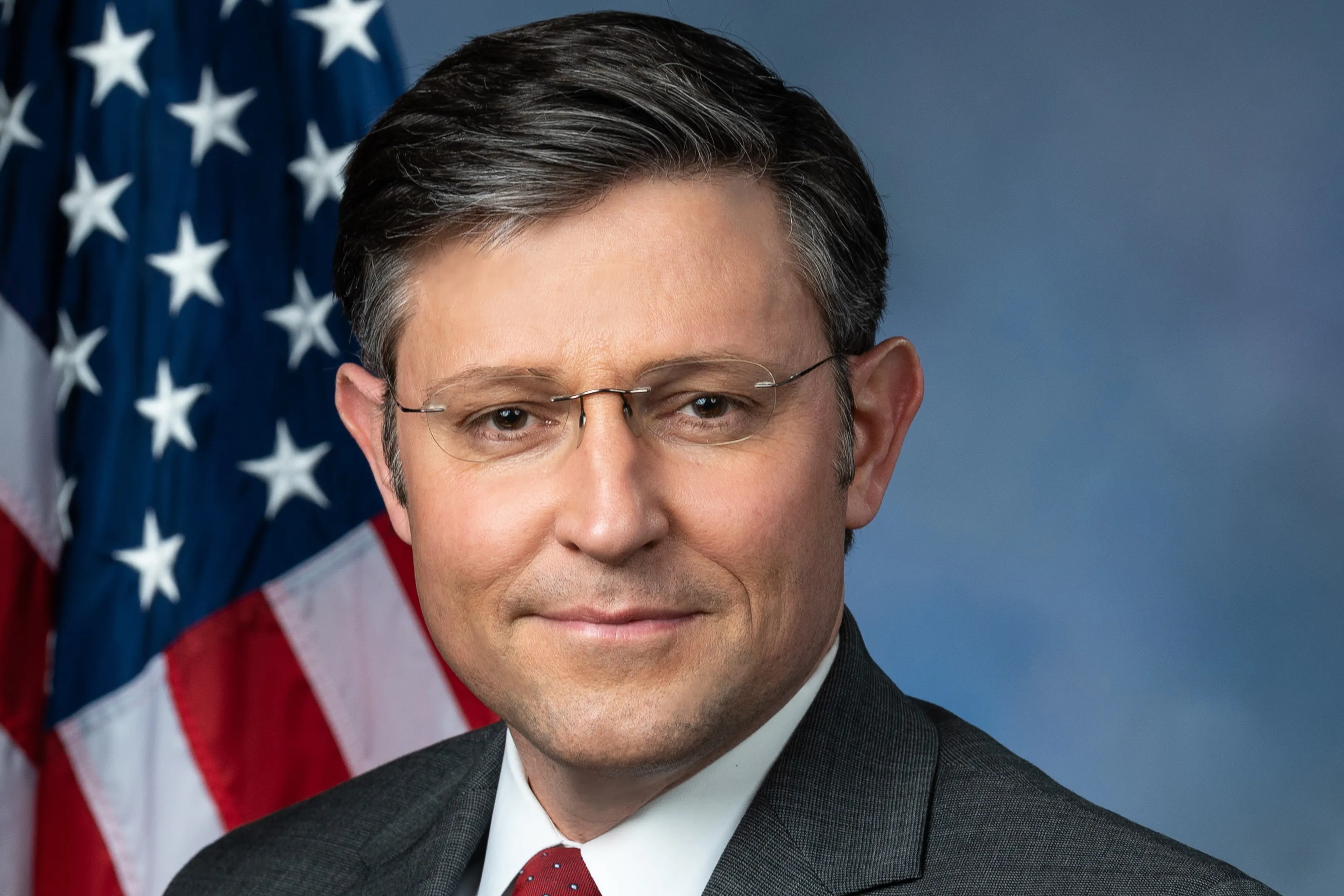
Daily Audio Newscast - July 1, 2025
© AlexLMX - iStock-823000260
Six minutes of news from around the nation.
Small businesses brace for changes in 'One Big Beautiful Bill'; Pending SCOTUS arguments reignite thorny issue of campaign spending; Politics and mental health are top factors in Gen Z college decisions.
TRANSCRIPT
The Public News Service Daily Newscast for Tuesday, July 1st, 2025.
I'm Mary Sherman.
The Senate worked through a marathon amendment session to send President Donald Trump's signature spending bill to the Oval Office by July 4th.
Shirley James is head of MyLocal CFO in North Carolina, which helps small businesses grow.
She says the bill in Congress might have some benefits for small businesses, but also walks back investments in clean energy and inclusive entrepreneurship.
It includes sweeping changes that could offer short-term tax relief for many small businesses, but it also raises some serious concerns about long-term sustainability, consumer demand, and the ability for underserved businesses to absolutely thrive.
The bill comes as small businesses deal with cuts to the Small Business Administration, which saw more than 40 percent of its staff laid off as part of federal workforce cutbacks.
The US Supreme Court will consider arguments about removing spending caps between national political parties and individual candidates.
Watchdogs are taking a close look to see what potential outcomes would mean at the state level.
The National Republican Senatorial Committee wants the court to lift restrictions on how much a political party spends on someone's campaign if they're running for federal office.
Hilary Brasseth with the nonpartisan group Open Secrets says that's a big difference between the outcome of the controversial Citizens United ruling from 2010 concerning political action committees.
So nowadays in elections, we hear often about super PACs.
These groups are able to spend unlimited amounts in so far as they don't coordinate directly with the candidate.
And if the court sides with the plaintiffs, limits on coordinated spending would be a thing of the past.
I'm Mike Moen reporting.
The Trump administration is suing the city of Los Angeles over its immigration policies, claiming that the city's law discriminates against federal law enforcement.
The city has been a key battleground in the Trump administration's clashes with Democrats over immigration.
The mayor's office has not commented on the lawsuit.
Nearly 30 percent of Gen Z college students decided where they would attend school based on at least partly political reasons, according to a new report.
The education consulting firm EAB found 14 percent of prospective students removed to school from their consideration list for being too conservative, and 12 percent did so for schools they deemed too liberal.
Pam Royal with EAB says prospective students want their college to reflect their values.
They're eliminating certain institutions that they believe are misaligned with their political values.
These incoming students are part of what some call the anxious generation because of their increased mental health struggles.
Royal says they tend to have a greater sense of anxiety largely because of social media and pressure to make decisions in an environment with competing messages.
I'm Katherine Carley.
This is Public News Service.
Temperatures are on the rise across the country and in Arizona, and so are energy bills.
Alex Gonzalez has more.
The anti-poverty nonprofit Wildfire and the Arizona Prairie Education Fund want to remind folks to make sure they're on the best rate plan and to ask for help now if they need it.
Diane Brown with the Arizona Prairie Education Fund says the state's major electric utilities have support programs to help customers who may be struggling to make ends meet.
She adds, despite these major utilities having policies in place that do not allow them to disconnect customers from power during the hot summer months, bills will still be due after the moratoriums end.
"Unfortunately, we continue to see people still passing away or becoming ill because they aren't using their AC unit.
I'm Alex Gonzalez reporting.
A powerful natural bug repellent is hiding in some of our plants.
However, Michigan State University researchers say it may also be making our air dirtier, raising new concerns about crop science and climate.
The chemical is called isoprene and it helps plants fight off insects.
Researchers say it doesn't kill bugs directly, but triggers a hormone that makes the plant harder to digest.
That's good news for the plant, but bad news for the atmosphere.
MSU professor Thomas Sharkey, who led the study, is an expert on the chemical.
When you mix hydrocarbons such as isoprene with nitrogen oxides, NOx, and sunlight is present, then it makes ozone.
More hydrocarbons are coming from plants than from all of the man-made hydrocarbons.
Sharkey points out that fewer than half of plants produce isoprene and some labeled non-emitters actually do.
As new Alzheimer's treatments become available, a new study shows that rural Americans may have a tough time accessing them.
We get more from Shantia Hudson.
One drug, Leucanumab, can slow the disease by clearing out beta-amyloid, a protein that builds up in the brain and is linked to Alzheimer's.
But to get the drug, patients first need a PET scan to confirm that buildup.
The study led by Dr. Niying Li found that no rural county in Georgia has a PET scan center for this and only one has a Leucanomab infusion site.
Li says that makes it much harder for rural families to get the care they need.
The limited availability of amyloid PET scan facilities and Leucanomab infusion centers means that they have to sit in a car and I assume that it's their family caregivers who are driving the car and take them for hours to receive all these healthcare services.
The Alzheimer's Association estimates around 188,000 Georgians are currently living with the disease.
Shantia Hudson reporting.
This is Mary Sherman for Public News Service, member and listener supported.
Find our trust indicators at publicnewsservice.org. (upbeat music)
















